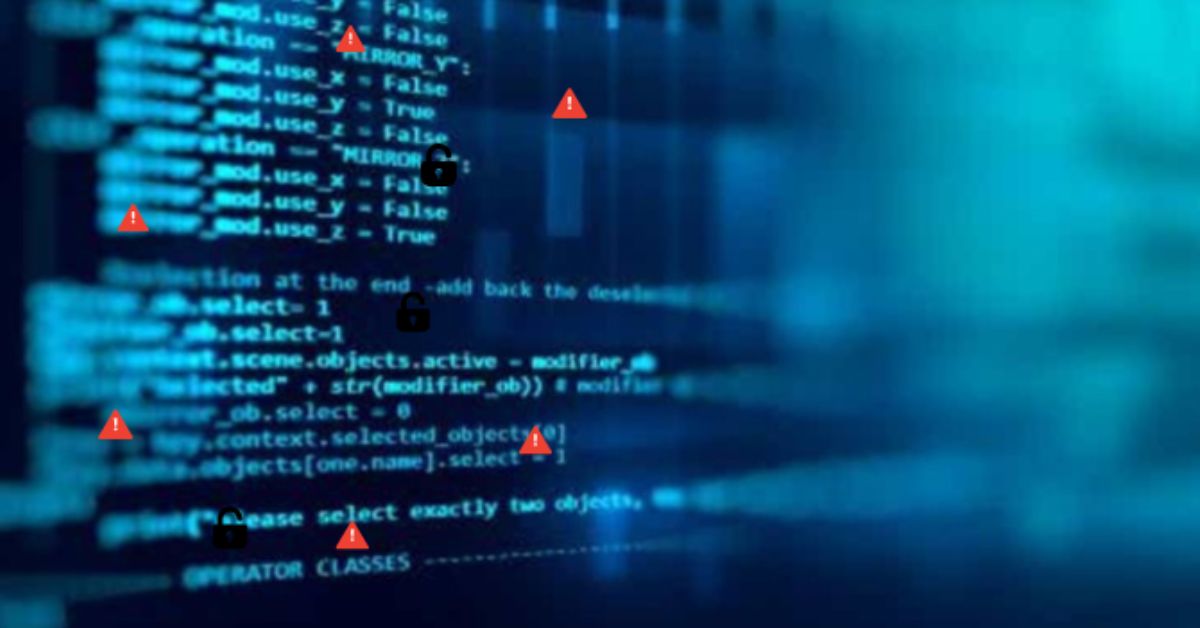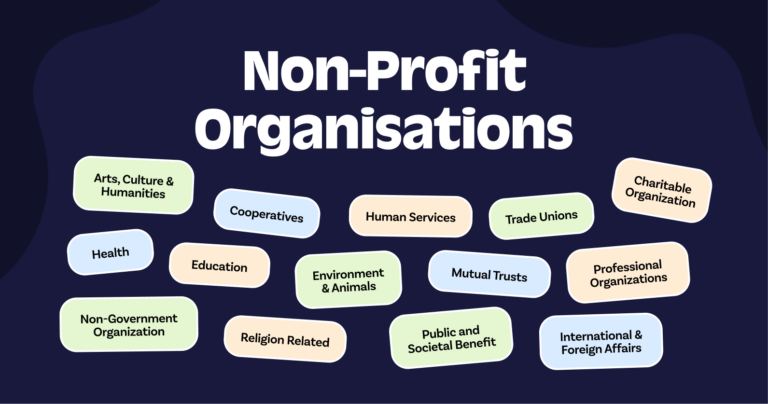thejavasea.me leaks aio-tlp – Full Breakdown and Safety Tips!
I was shocked when I found out my personal info was part of thejavasea.me leaks aio-tlp. My passwords and details were exposed, and I had to change everything quickly. It was a stressful experience, and I’m now much more careful with online security.
Thejavasea.me leaks aio-tlp involve leaked sensitive data, including personal information and passwords. This site hosts content that was released without permission, creating privacy risks. Users should stay cautious and secure their online accounts to avoid issues.
we’ll dive into thejavasea.me leaks aio-tlp, exploring what these leaks are all about and how they impact your personal information. We’ll break down the risks involved, discuss how to protect yourself, and give you all the details you need to stay safe.
What are thejavasea.me leaks aio-tlp?
Thejavasea.me leaks aio-tlp involve a collection of sensitive information that has been leaked and shared on the site.
This includes personal details like usernames, passwords, and other private data that was not meant to be public.
The term “aio-tlp” means “All In One – Traffic Light Protocol,” indicating that these leaks bundle together various types of information.
Thejavasea.me has become known for hosting this kind of leaked content, making it a concern for many users. If your information is part of these leaks, it can put you at risk for identity theft or other online threats. It’s important to be aware of such leaks to protect your personal data.
How did the data get leaked?
The data got leaked because of security breaches or hacking incidents. In many cases, hackers gain access to private information from companies or personal accounts and then share it online.
This can happen if a website or service has weak security or if someone steals login details through phishing scams.
Once the data is stolen, it’s often uploaded to sites like thejavasea.me, where it becomes publicly accessible.
This kind of leak usually happens without the knowledge or consent of the people whose information is exposed. As a result, it’s crucial to use strong passwords and be careful with online security to protect your personal data.
What kind of information is included in aio-tlp leaks?
AIO-TLP leaks usually include a wide range of sensitive information. This can be personal details like names, addresses, and phone numbers, as well as login credentials such as usernames and passwords.
The leaks might also contain financial information like credit card numbers or bank account details.
Essentially, these leaks bundle together different types of data from various sources into one large file.
Because this information is often stolen and shared without permission, it can put individuals at serious risk for identity theft and fraud. It’s important to stay vigilant and secure your accounts to protect yourself from such leaks
How can I check if my information is part of the leaks?.
To check if your information is part of the leaks, you can use online tools called “data breach checkers” or “have I been pwned” services.
These tools let you enter your email address or other personal details to see if they appear in any known data breaches. Many of these services are free and easy to use.
Additionally, keep an eye on your accounts for any unusual activity, like unexpected login attempts or changes you didn’t make.
If you suspect your information might be compromised, it’s a good idea to update your passwords and monitor your financial statements regularly. Staying proactive can help you catch issues early and protect your personal data.
What steps should I take if my information is leaked?
- Change Passwords: Update passwords for affected accounts and any similar accounts. Use strong, unique passwords for each one.
- Enable Two-Factor Authentication: Add an extra layer of security with two-factor authentication (2FA) for your accounts. This makes it harder for hackers to access them
- Monitor Accounts: Regularly check bank and credit card statements for any unusual activity. Report any suspicious transactions right away.
- Notify Companies: Inform any companies where your information might be compromised. They can help secure your accounts and provide guidance.
- Report Fraud: Contact local authorities or fraud protection services if you spot any suspicious activity. They can assist in protecting your identity.
Can thejavasea.me be shut down for hosting leaked data?
Yes, thejavasea.me could potentially be shut down for hosting leaked data. Websites that share or host leaked information, especially if it involves personal or sensitive data, can face legal actions from authorities. This is because sharing such data without permission is often illegal and violates privacy laws.
Governments and regulatory bodies can issue takedown orders or penalties to force these sites to shut down.
However, shutting down a site can be challenging, especially if it operates from a location with less strict regulations or if the operators take steps to avoid detection. Nonetheless, legal and technical actions can sometimes succeed in closing down such sites.
What are the risks of having my data leaked on thejavasea.me?
If your data is leaked on thejavasea.me, you face several risks. Your personal information, like passwords and financial details, could be exposed to hackers.
This might lead to identity theft, where someone could misuse your information to steal money or open new accounts in your name.
You could also experience unauthorized access to your online accounts, leading to further security breaches.
Additionally, leaked data can be shared widely, making it hard to fully remove your information from the internet. This can result in ongoing privacy issues and potential damage to your reputation.
How can I protect myself from future leaks?
To protect yourself from future leaks, start by using strong and unique passwords for each of your online accounts.
Avoid reusing the same password across different sites. Enable two-factor authentication (2FA) for an extra layer of security, which requires a second form of verification when logging in.
Be cautious about sharing personal information online and limit what you post publicly. Regularly check your financial statements and credit reports for any unusual activity.
Keep your software and security tools up to date to defend against potential threats. Finally, consider using a password manager to help you manage and create secure passwords.
Are there any legal consequences for those who leak data?
Yes, there can be serious legal consequences for those who leak data. Sharing or distributing private information without permission is often against the law and can lead to criminal charges.
Those responsible for leaking data may face fines or even jail time, depending on the severity of the leak and the laws in their country.
Additionally, they might be sued by affected individuals or companies for damages. Legal actions aim to hold people accountable and deter others from leaking sensitive information. Laws and penalties can vary, but leaking data is generally considered a serious offense.
Will the information from aio-tlp leaks be removed completely?
Removing information from aio-tlp leaks completely is very difficult. Once data is leaked online, it can spread quickly and be copied to many different sites. Even if you manage to remove it from one place, it might still exist elsewhere on the internet. Hackers and malicious users often share leaked data on various platforms, making it hard to track down and erase everything.
While you can take steps to remove or minimize the impact of the leak, such as contacting websites and using data removal services, complete removal is rarely guaranteed. It’s important to stay vigilant and take precautions to protect your information.
FAQs:
1. What exactly is thejavasea.me leaks aio-tlp?
Thejavasea.me leaks aio-tlp refers to a collection of sensitive data published on the website thejavasea.me. This data includes personal and financial information that was leaked without authorization.
2. How does data end up being leaked on thejavasea.me?
Data typically ends up on thejavasea.me through hacking incidents, security breaches, or unauthorized access to databases. Once obtained, this information is often shared on the site.
3. What types of data are found in aio-tlp leaks?
Aio-tlp leaks can include various types of information such as email addresses, passwords, social security numbers, and financial details. The leaks often contain multiple data types bundled together.
4. How can I determine if my personal information is included in the leaks?
To find out if your information is part of the leaks, use breach monitoring services or websites that check if your data has been exposed. Keep an eye on your accounts for any signs of misuse.
Conclusion:
Data leaks, like those associated with thejavasea.me and aio-tlp, highlight the significant risks and challenges in the digital age. These leaks often expose sensitive information, leading to potential identity theft and privacy violations.
While thejavasea.me facilitates access to such data, the broader issue of online security remains a shared responsibility among individuals, organizations, and governments.





